Certified organic soap is becoming an increasingly popular choice for those looking to make more sustainable and informed choices when it comes to personal care products. With consumers becoming more conscious of the ingredients used in their daily hygiene routine, the demand for organic and natural alternatives has significantly increased. But what exactly is certified organic soap? Well, it refers to soap made with ingredients that have been grown and processed following strict organic standards.
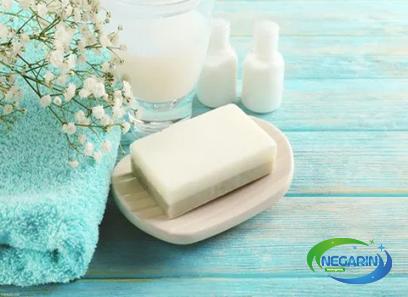
.
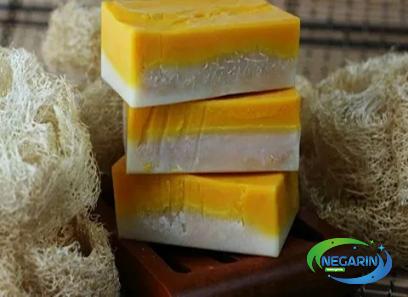 These standards prohibit the use of synthetic fertilizers, pesticides, and genetically modified organisms (GMOs). One of the main advantages of using certified organic soap is the fact that it is free from harsh chemicals and additives typically found in conventional soaps. This means that it is less likely to irritate or dry out the skin, making it a great choice for those with sensitive skin or specific skin conditions. Certified organic soap also offers environmental benefits. By using organic ingredients, manufacturers help to ensure that harmful chemicals do not make their way into the ecosystem.
These standards prohibit the use of synthetic fertilizers, pesticides, and genetically modified organisms (GMOs). One of the main advantages of using certified organic soap is the fact that it is free from harsh chemicals and additives typically found in conventional soaps. This means that it is less likely to irritate or dry out the skin, making it a great choice for those with sensitive skin or specific skin conditions. Certified organic soap also offers environmental benefits. By using organic ingredients, manufacturers help to ensure that harmful chemicals do not make their way into the ecosystem.
..
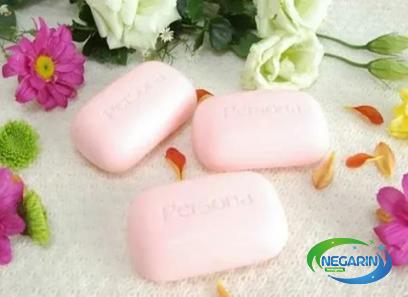 Additionally, the use of organic farming practices promotes soil health and biodiversity, leading to long-term sustainability. To obtain certification, soap manufacturers must undergo a rigorous process. Certification bodies assess the entire production process to ensure compliance with organic standards. This includes inspecting the farms where the ingredients used in the soap are grown, as well as the processing facilities where the soap is made. Labeling laws require that certified organic soap products must clearly display the certification logo or seal, allowing consumers to easily identify them. When purchasing certified organic soap, it is important to look for trusted certifications such as USDA Organic or COSMOS Organic. These certifications provide assurance that the soap has met strict organic standards and is truly organic.
Additionally, the use of organic farming practices promotes soil health and biodiversity, leading to long-term sustainability. To obtain certification, soap manufacturers must undergo a rigorous process. Certification bodies assess the entire production process to ensure compliance with organic standards. This includes inspecting the farms where the ingredients used in the soap are grown, as well as the processing facilities where the soap is made. Labeling laws require that certified organic soap products must clearly display the certification logo or seal, allowing consumers to easily identify them. When purchasing certified organic soap, it is important to look for trusted certifications such as USDA Organic or COSMOS Organic. These certifications provide assurance that the soap has met strict organic standards and is truly organic.
…
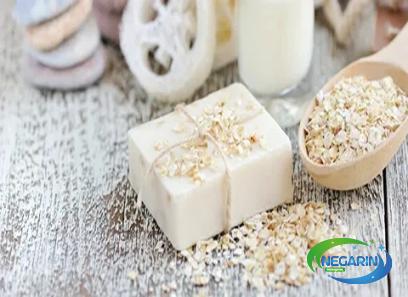 Moreover, certified organic soap often contains nourishing ingredients such as organic oils, botanical extracts, and essential oils. These natural ingredients offer moisturizing and therapeutic properties, leaving the skin feeling cleansed and rejuvenated. It is worth mentioning that the popularity of certified organic soap has not gone unnoticed by larger cosmetic companies. Many have started introducing organic soap lines or incorporating organic ingredients into their existing soap products. While this may seem like a positive development, it is important for consumers to be cautious and carefully read product labels to determine if the soap is truly certified organic. In conclusion, certified organic soap provides a natural and sustainable alternative to conventional soaps. By choosing certified organic soap, consumers not only take care of their own well-being but also contribute to a healthier planet. With the increasing availability and variety of certified organic soap products, it is easier than ever to make the switch and embrace a more organic and eco-friendly personal care routine.
Moreover, certified organic soap often contains nourishing ingredients such as organic oils, botanical extracts, and essential oils. These natural ingredients offer moisturizing and therapeutic properties, leaving the skin feeling cleansed and rejuvenated. It is worth mentioning that the popularity of certified organic soap has not gone unnoticed by larger cosmetic companies. Many have started introducing organic soap lines or incorporating organic ingredients into their existing soap products. While this may seem like a positive development, it is important for consumers to be cautious and carefully read product labels to determine if the soap is truly certified organic. In conclusion, certified organic soap provides a natural and sustainable alternative to conventional soaps. By choosing certified organic soap, consumers not only take care of their own well-being but also contribute to a healthier planet. With the increasing availability and variety of certified organic soap products, it is easier than ever to make the switch and embrace a more organic and eco-friendly personal care routine.
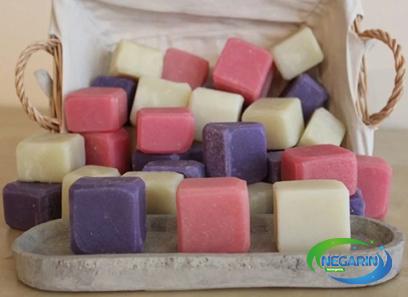
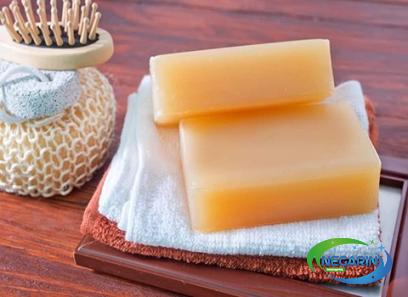
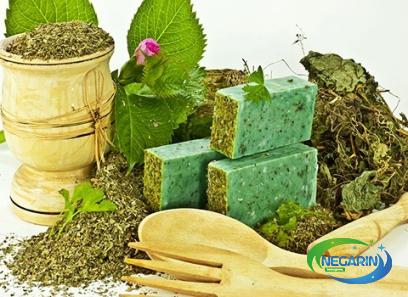
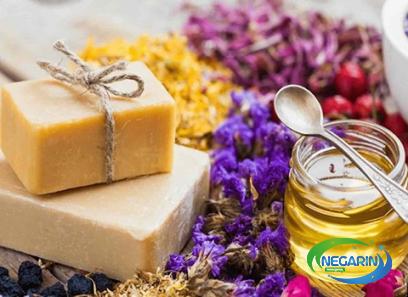
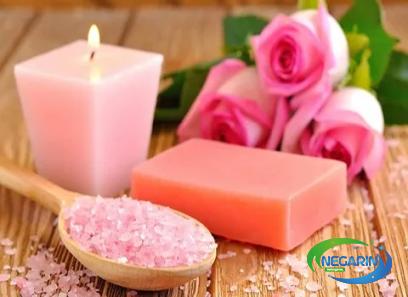
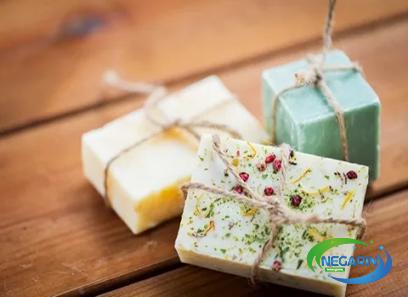
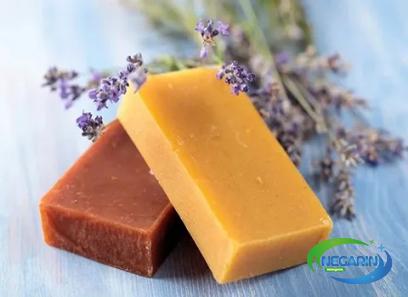
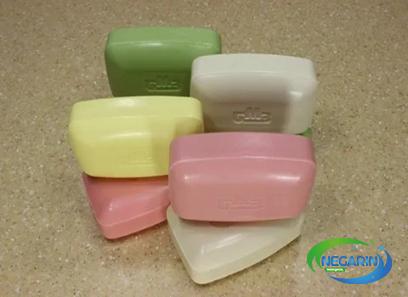
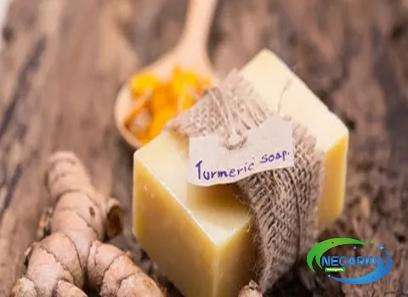
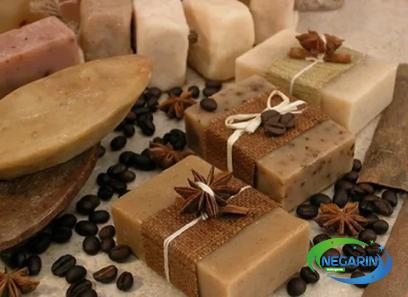
Your comment submitted.